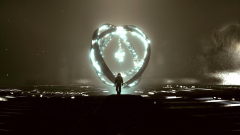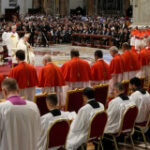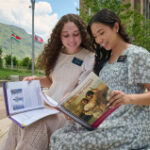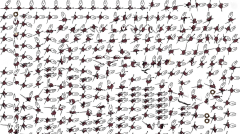(RNS) — In the hit new video game Starfield, players can explore strange new worlds, battle space pirates and rescue civilians from deadly aliens. Along the way, they can find enlightenment in simple acts of human kindness or in solitude among the stars.
But as in the real world, the meaning of life proves elusive.
“If you find it, be sure to come back and let me know,” one of the game’s clerics tells the main character during a visit to a temple. “It would make the next sermon more memorable if nothing else.”
Lead designer Emil Pagliarulo of Bethesda Game Studios told Polygon.com that he and his colleagues wanted to challenge players not to just explore the universe but also to think about what the universe means.
Along with all the other tasks common to role-playing games — acquiring resources, building up experience, fighting enemies and fulfilling quests — players have a series of transcendent encounters with alien artifacts, filled with light and sounds, as well as out-of-body experiences.
When the encounters are over, they have a chance to talk about what those encounters mean: Were they signs God exists — or just a weird trip?

Image courtesy of Bethesda Game Studios
Players also can choose to join one of the game’s three religions: the Sanctum Universum — a faith designed by a Bethesda staff writer turned Jesuit — that sees all of reality as holy; the Enlightened, which believes in human kindness but not in God; and House Va’ruun, an apocalyptic death cult.
The first two faiths get along fine with almost everyone. The death cultists, as one might suspect, are viewed with suspicion, and spend most of their time trying to blow up other spaceships in God’s name. By contrast, players who join the Enlightened are asked to help a sick homeless man find his way home from the hospital and to pick up soup for him on the way. Those who join the Sanctum Universum ponder the big questions of life.
“Is God real?” one of the group’s fictional texts asks. “The more proper question would be, ‘Is reality divine?’ Existence itself is a mystery which yearns to be uncovered.”
Richard Clark, host of the “Video Game Feelings” podcast, said the scope of the game — there are more than a thousand worlds to explore, many filled with people who need help or who have their own intricate storylines — makes players think about the vastness of space and how humans fit into it.
Clark, former editor-in-chief of the Christ and Pop Culture website, said he’s been playing games for as long as he can remember, beginning with Atari games with his dad as a kid. In Starfield, he was struck by a mission where his character ran into an old Earth spaceship whose passengers had been traveling for 200 years to a new homeworld. His character had to break the news to them that the planet was already occupied, which shattered all their assumptions about life.
“That sort of brain-breaking moment is what the gamer is going through,” he said. “They are thinking, ‘There is a lot happening here and I don’t know how to process it.’”
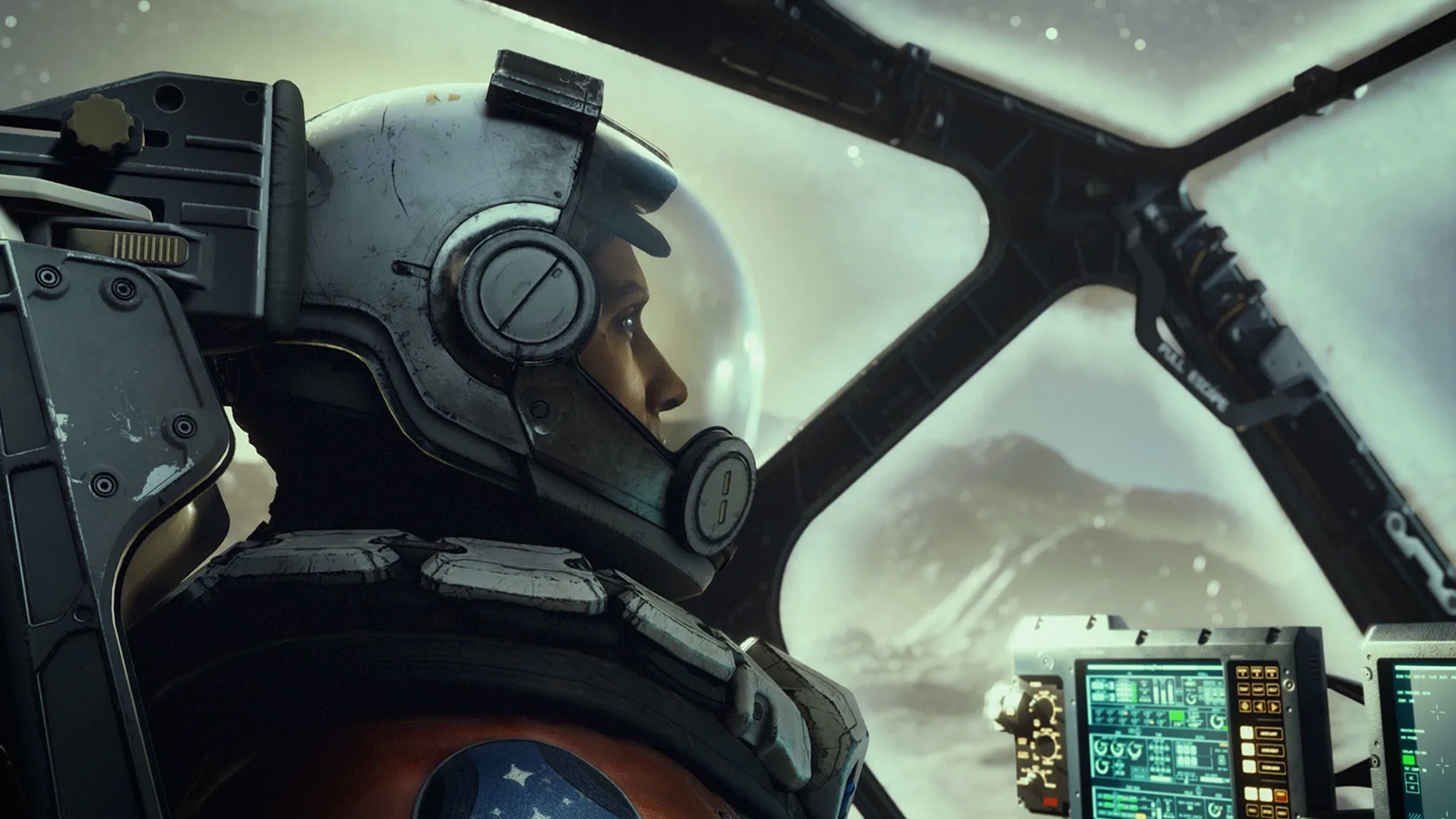
Image courtesy Bethesda Game Studios
Starfield also allows gamers to choose whether to play as a hero, a callous mercenary or even a pirate. They can try to de-escalate conflict by persuading their opponents to back down or paying them to go away. Or they can simply start shooting.
Clark said he tends to play video games the way he would behave in real life — being a peacemaker rather than choosing violence and being the good guy when he can. When he failed to do so in Starfield, the nonplayer characters, better kno

